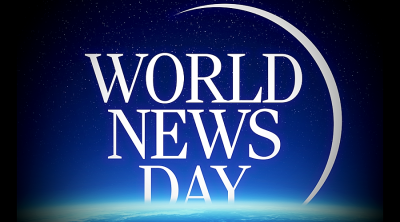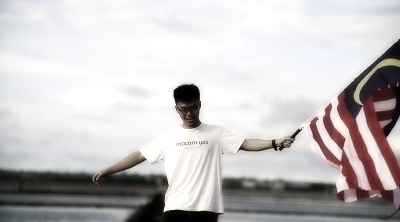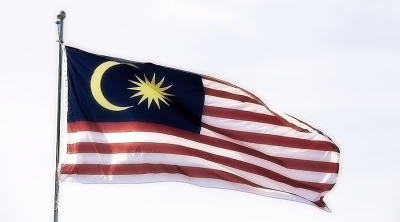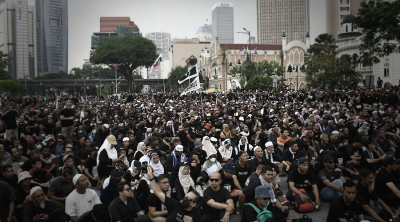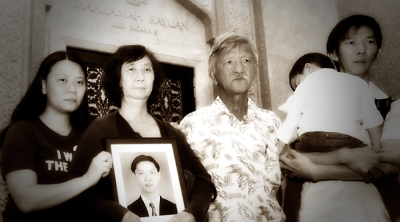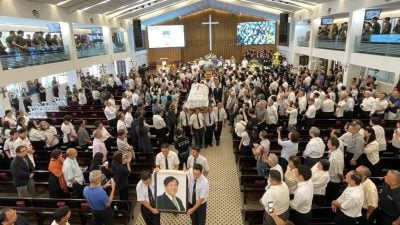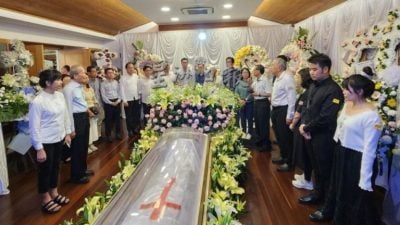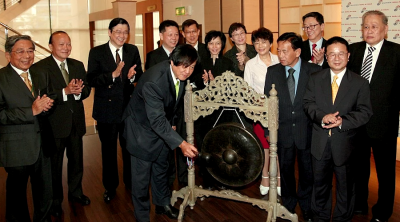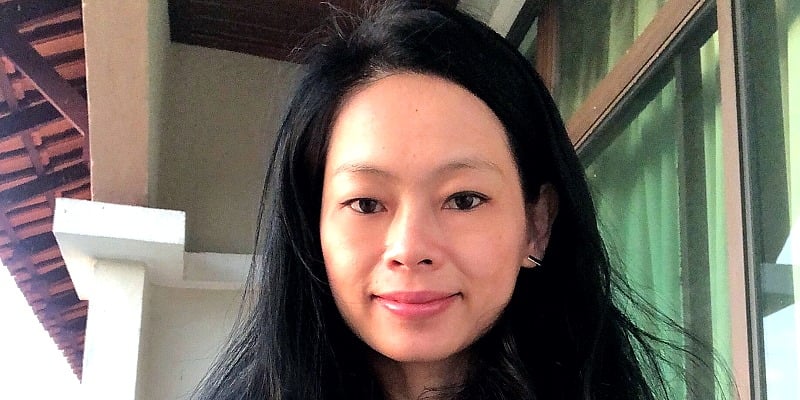
The call for a nationwide state of emergency as announced by the King on 12 January came as a shock to all Malaysians.
This comes a day after Prime Minister Muhyiddin Yassin announced that the movement control order (MCO) will be reintroduced in six states while six more will remain under the conditional movement control order (CMCO) and two under the recovery movement control order (RMCO) for two weeks from 13 to 26 January.
In October last year, the King had rejected a similar request from Muhyiddin, where many analysts and opposition leaders had then criticized the request as a move to cling to power.
It raises hot debates about the necessity of an emergency to be declared, amid political turmoil and uncertainty that we are facing. It also raises many speculations about and the intention behind the declaration of emergency.
It is more so as 2021 is the year where there are a lot of talks about whether we will be having our general election. CNN as I quoted, mentioned the emergency can be seen as, “…a move that bolsters Prime Minister Muhyiddin Yassin’s precarious hold on power, and forestalls any attempt by opponents to force an early election.”
The speculation is expected, as the Perikatan Nasional (PN) lead by Muhyiddin has been shaky and its performance has been questioned; moreover PN came to power with a razor thin majority in March last year.
In a joint statement on 12 Jan, Bersih 2.0, Angkatan Belia Islam Malaysia (ABIM), Pertubuhan Ikram Malaysia (IKRAM), Kuala Lumpur-Selangor Chinese Assembly Hall (KLSCAH) and Gabungan Bertindak Malaysia (GBM) said the move undermined democracy in the country; and cited that the declaration of emergency to suspend legislatures and elections in Malaysia was excessive and possibly abusive.
Such concerns are not baseless. An emergency declaration means that the government is given a broad power and that it can expand its authority to any matter. In a situation where we are facing political turmoil, it is crucial that the powers should be used within the parameters of human rights and the rule of law, and more importantly, this raises a serious concern on our parliamentary democracy.
Under the emergency declaration, Parliament and state legislative assemblies will not convene until such a time as decided by the King.
This is not the first time we face the crisis of the erosion of parliamentary democracy under the name of COVID-19. One instance is the case of the one-day parliamentary sitting on 18 May last year.
Do we really need an emergency? Is an emergency justifiable? That is entirely up to different views, with some supports and some against it. What is certain is that the political episode of Malaysia facing the COVID-19 pandemic has opened up weaknesses in our government agencies and institutions. Here, I provide two key weaknesses.
First, we have been suffered from a lack of civil liberties such as freedom of expression, and freedom of information. This situation has been exacerbated under COVID-19. As we employed the securitization approach to address the crisis, COVID-19 has seemed to become a political opportunity for the government.
While securitization is required, the problem occurs when the government does not exercise restraints.
There have been concerns raised on the lack of information provided to the public on the COVID-19 as the cases increase.
The availability of accurate information is crucial in times like this. There have been complaints raised about contradictory and ambiguous guidelines from different ministries and agencies.
The emergency declaration broadens state surveillance, and it also allows the government to detain people indefinitely and infringe on freedoms of assembly and expression.
Not merely that, these measures that are being put in place could also shape the norms of our civic life, politics and economies for years to come.
Second, COVID-19 has revealed the limitation in our governance capacity. It is publicly known that it is a challenge to weigh between economy and public health, but it is not an excuse for the government to neglect their basic obligations to provide security, education, and public health to the public. Very often, the discourse on the importance of good governance is clearly ignored.
This brings in the discussion on imposing Standard of Procedures (SOPs) on workplaces, business sector and so forth.
The RM1, 000 fine to Top Gloves for violating the SOPs has caused uproar from the public, as it shows unfair treatment to others who had been fined to a higher rate.
The tagline of #KitaJagaKita is another interesting point. It started out from the intention to collect, verify and list initiatives done on the ground to help vulnerable communities and medical frontliners through the MCO, making it easy for people to donate and share beyond social media space. It can however being interpreted differently, where the community needs to step up and take care of ourselves because of the lack of assistance provided by the government.
The fact is, we have sufficient laws in place to handle those who do not abide by lockdown regulations.
Emergencies promise the power to the government of a full economic, social, and technical capacities to ward off an existential threat.
Yet at the same time, emergencies can threaten constitutional rights and justify the suspension of normal politics.
My point is that what we needed is a healthy political agenda in a much larger lens, that can uphold the public interest as priority.
(Khoo Ying Hooi is Universiti Malaya Senior Lecturer.)
ADVERTISEMENT
ADVERTISEMENT






